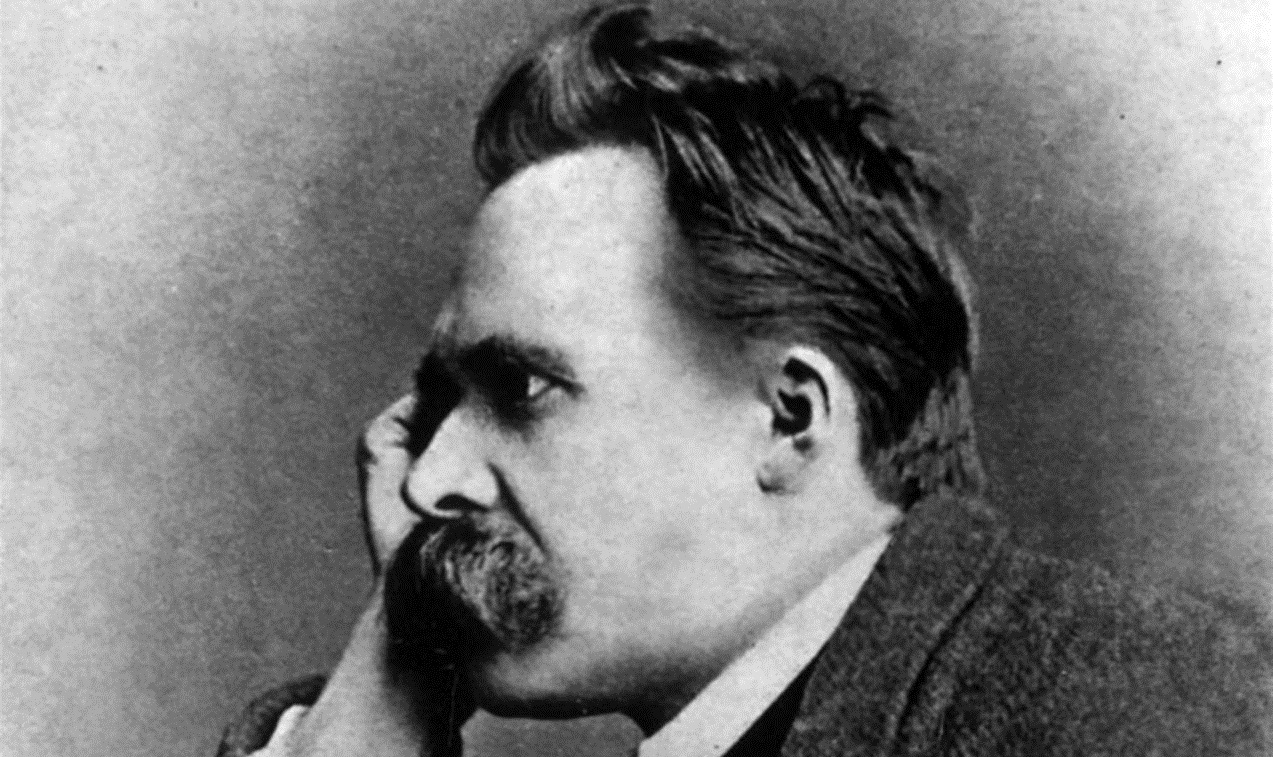
May 18, 2014, by Stephen Mumford
The Pain and Pleasure of Learning
There is a rather simplistic thought that every single action you perform, you do because it brings you pleasure. Even when you give to charity, the claim goes, it is purely because it gives you a personal thrill. No act is genuinely altruistic; all are ultimately selfish. It’s a simple, reductionist thesis of psychological egoism and easy to assert.
Despite the initial appeal, I suspect that anyone who has attempted to learn about difficult ideas realises that matters are more complicated. In philosophy, cultural theory, history, theoretical physics, literary criticism, and so on, there are often very intricate, dense and complex theories or concepts that you have to grasp. It is frequently a painful experience doing so. And it is not always the case that those who succeed suddenly become very happy from having acquired their understanding. Rather, the chief motivation seems to be that there is a value in comprehension that is greater than simple pleasure. You learn because you want to know; not because you want to be happy.
As an undergraduate, I was obliged to learn the philosophy of some very deep intellectual thinkers such as Nietzsche, Leibniz, Heidegger, Kant and Marx. It was often frustrating, perplexing and mystifying. At every point the work was difficult. My lecturers gave me their thoughts about the set books but also made it clear that I couldn’t simply take their word for it. The whole point was that I had to struggle with the texts myself in order to spark my own questions, interpretations and thoughts, which I could then bring back to the discussion. I could, of course, simply be told someone else’s interpretation. But then how deep would my understanding be? Not very. One must wrestle with the ideas, attempt to formulate them in one’s own words, synthesise them and find connections with other issues and debates.
Perhaps I learned as much about my own inadequacies as I did about Nietzsche and Leibniz. It was a labour and with essay deadlines, looming exams and anxieties about marks, a far from pleasurable experience. But distanced by time, I can take a different perspective. I’m glad I’ve struggled with Nietzsche. And I can perfectly understand why employers would want someone who has been through that process. I could simply have memorised the lecturer’s notes and repeated them in an exam. That’s one skill. But more valuable is the ability to read a text independently, understand it, summarise it, present the gist in my own words. Maybe it was all about the acquisition of a skill, which is often a difficult process: compare it with the trouble someone goes to in order to learn a new language or to play the piano.
Now I am an academic, that same struggle to grasp new ideas is something I continue to do as part of my job. I can feel satisfied when I learn about new theories and arguments, but I am far from convinced it’s simple pleasure that I get. It’s more that I think it important I know and understand, which I sometimes have to sacrifice more obvious pleasures in order to achieve. I am also well aware that I’m responsible for a new generation of students, going through the same struggles I faced, knowing that it’s not always fun. Learning can be fun, of course, and is probably easiest when it is. But the aim of learning is surely something else.

Great blog! Now, to the issue: wisdom IS fun!